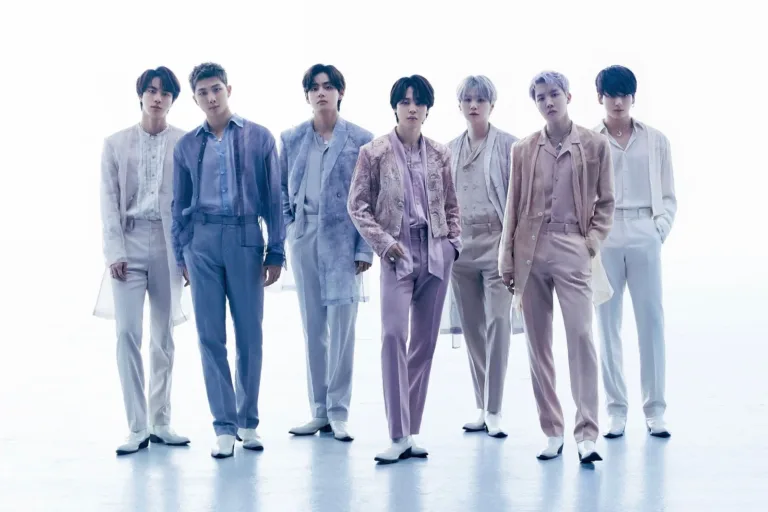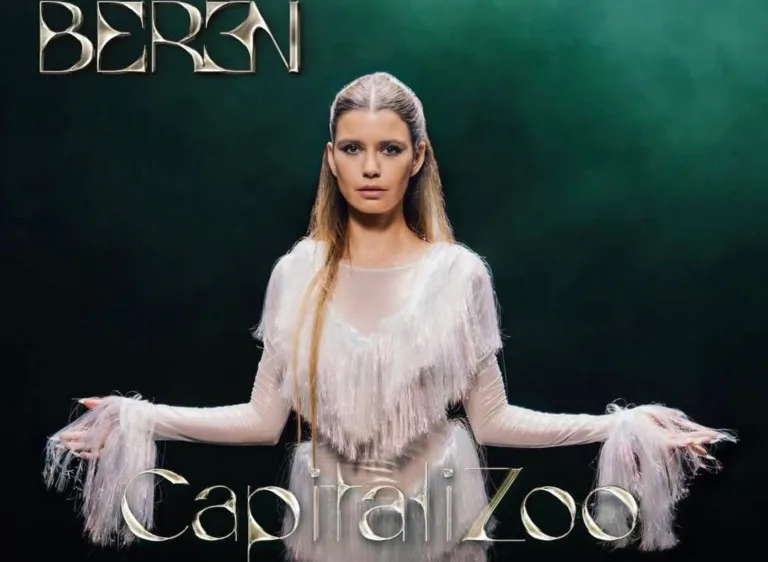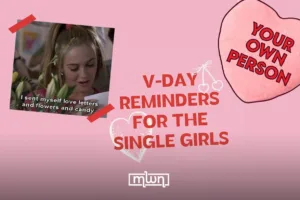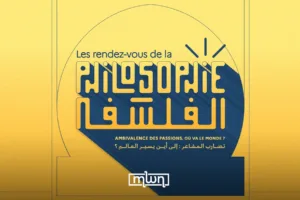Fez — The Moroccan Union of Music Professions has issued a forceful rejection of Law 25.19 and its accompanying regulations, arguing that the framework converting the Moroccan Copyright Office into a collective management body marginalizes rights-holders instead of empowering them.
In a statement released on Saturday, the union said artists were granted only five seats on the office’s board versus nine for government representatives and one expert—an arrangement it described as “explicit exclusion” from decision-making.
Passed in 2022, Law 25.19 restructures the former Bureau Marocain du Droit d’Auteur as a public-law collective management organization with financial autonomy and a mandate to administer authors’ and neighboring rights.
The office, now presented as the Moroccan Copyright and Related Rights Office, is tasked with licensing, collection, and distribution under rules aligned with collective management practices.
The union framed its stance as a constitutional issue, citing Article 26—which commits public authorities to support cultural and artistic creativity—and contending that the new governance model contradicts that spirit by keeping creators in a minority role.
It also criticized what it called a lack of “serious dialogue” during the rollout of implementing texts and decisions, warning that artists’ presence in the new bodies risks being “purely symbolic.”
Modernizing royalty administration
Industry debate over the reform predates its adoption. In 2022, several professional groups pressed for wider consultation on the bill as it moved through Parliament, while media briefings from the time described the shift to collective management as a bid to modernize royalty administration.
Those tensions have resurfaced as regulations take effect and the office operationalizes its new mandate.
The union says it will pursue “field actions” with cultural stakeholders to press for an inclusive governance approach that ensures meaningful participation for authors, performers, and producers in decisions affecting their income and careers.
It also called on artists and rightsholders to mobilize for “real representation” within management bodies. As of publication, officials had not publicly responded to the latest statement.
Context from the office’s public materials underscores the scale of the change: the reconstituted entity carries a public mandate but operates on collective-management lines, balancing policy oversight with the operational task of tracking uses and distributing royalties.
The core disagreement, artists say, is not over management modernization but over who governs—and whether the people whose works generate the royalties will hold enough sway over who shapes policy and payouts.
















